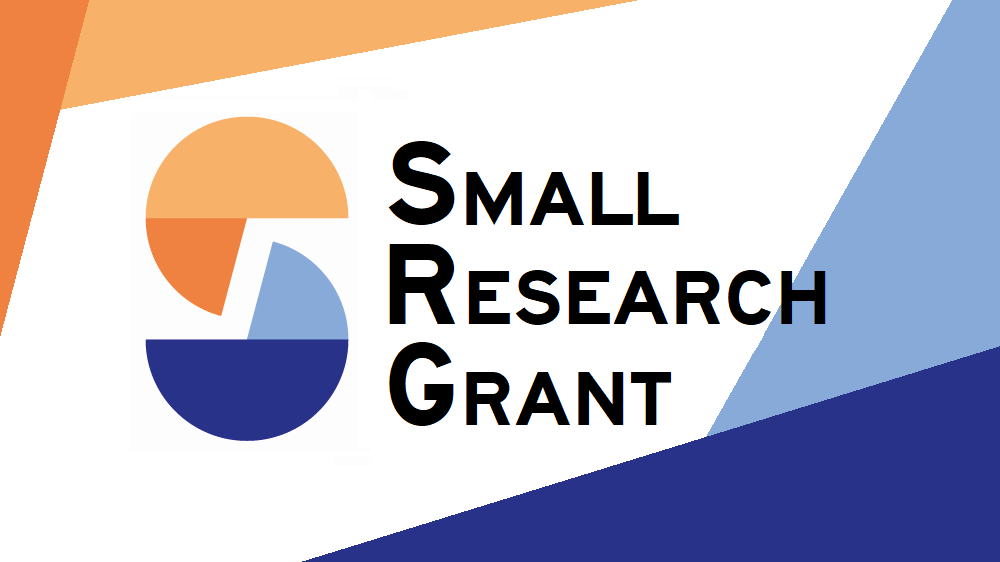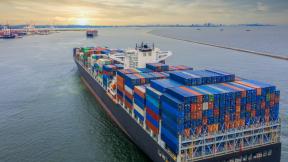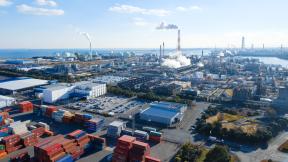Globalization has proceeded at a fast pace during the past decades. At the same time, female labour force participation has risen across the world, particularly in developing countries. This project asks whether globalization, which has transformed labour markets through deeper integration in international goods and service markets, has contributed to this increase in female labour force participation. Beyond the well-studied effects on labour demand, we ask whether greater trade integration released female labour into the market, by reducing the price of appliances that can substitute for time spent in household production.
To this end, the study empirically documents the impact of globalization on female labour force participation. First, we provide suggestive evidence of these effects operating in a broad cross-section of developing countries. Next, we causally document this link using detailed micro-data from Peru. Exploiting the fact that household appliances are essentially all imported in Peru, we construct an instrument that interacts the steep aggregate decline of appliance import prices (relative to household income) with the availability of water and electricity across local labour markets. Using this instrument, we document that i) the drop in appliance prices increased appliance ownership relatively more in labour markets with better access to water and electricity, ii) ownership of appliances increased labour force participation, more so for women than men, and iii) this effect is present only for cohorts that were young when the prices dropped. In ongoing work, the study takes these causal estimates to inform a quantitative household production model to assess globalization's aggregate effects on labour force participation, incorporating equilibrium responses in labour markets.
This research has the potential to inform trade policy in developing countries. A large body of research in economics documents the large distributional effects of international trade. While some research documents positive impacts of export-driven demand shocks, others find that the negative impact is cause for concern. To a large extent, the existing work focuses on how globalization affects labor demand. We offer a complementary view, focusing instead on how trade affects labour supply. We believe this is an important ingredient to be incorporated into the trade policy design. Having a complete picture of the impacts of globalization is particularly important in developing countries, where female labor force participation often lags behind that of more advanced countries.
Project
• Research Theme 0: Data, Measurement, and Conceptual Framing,
Research Theme 2: Labour, Home Production, and Structural Transformation at the Level of the Household,
Research Theme 4: Trade and Spatial Frictions,
Cross-Cutting Issue 1: Gender,
Cross-Cutting Issue 3: Inequality and Inclusion
Trade in Appliances, Household Production, and Labour Force Participation
This project has been retired

Small Research Grants
Research Team
Related content






















































































































